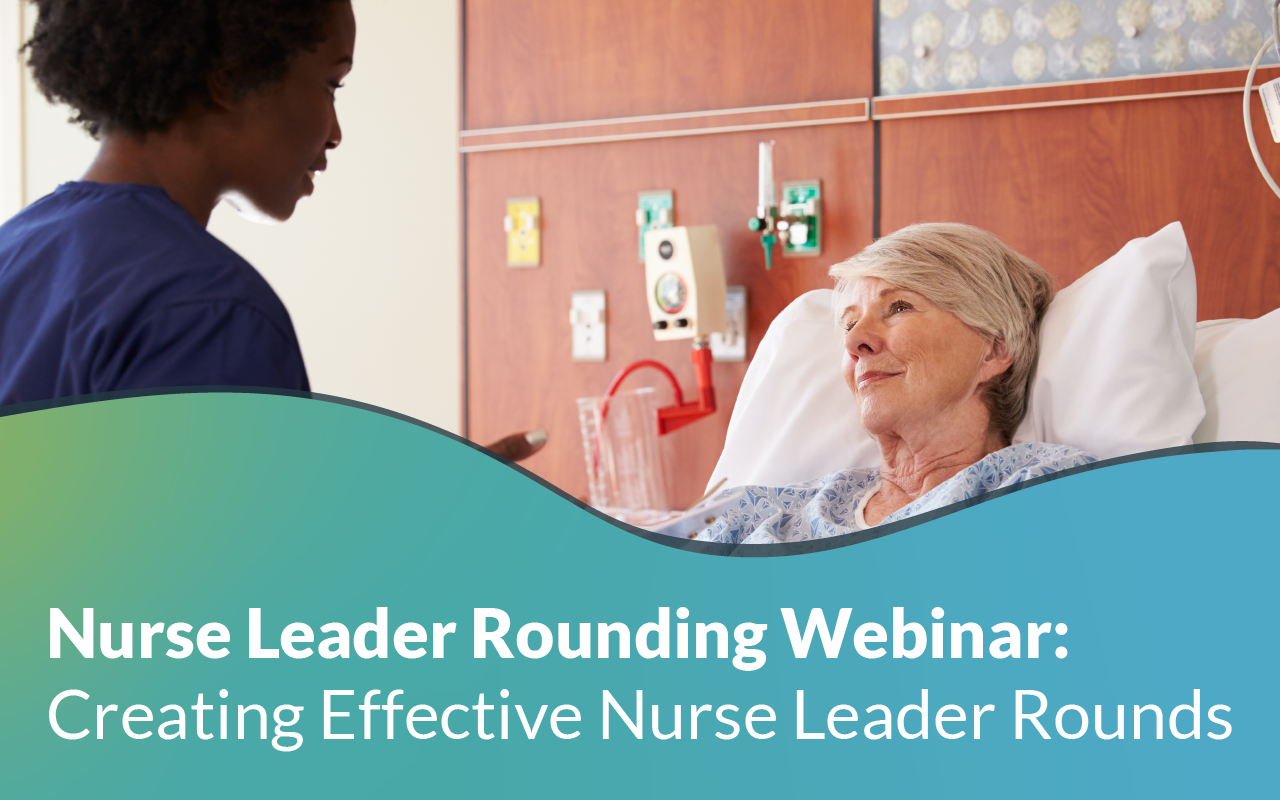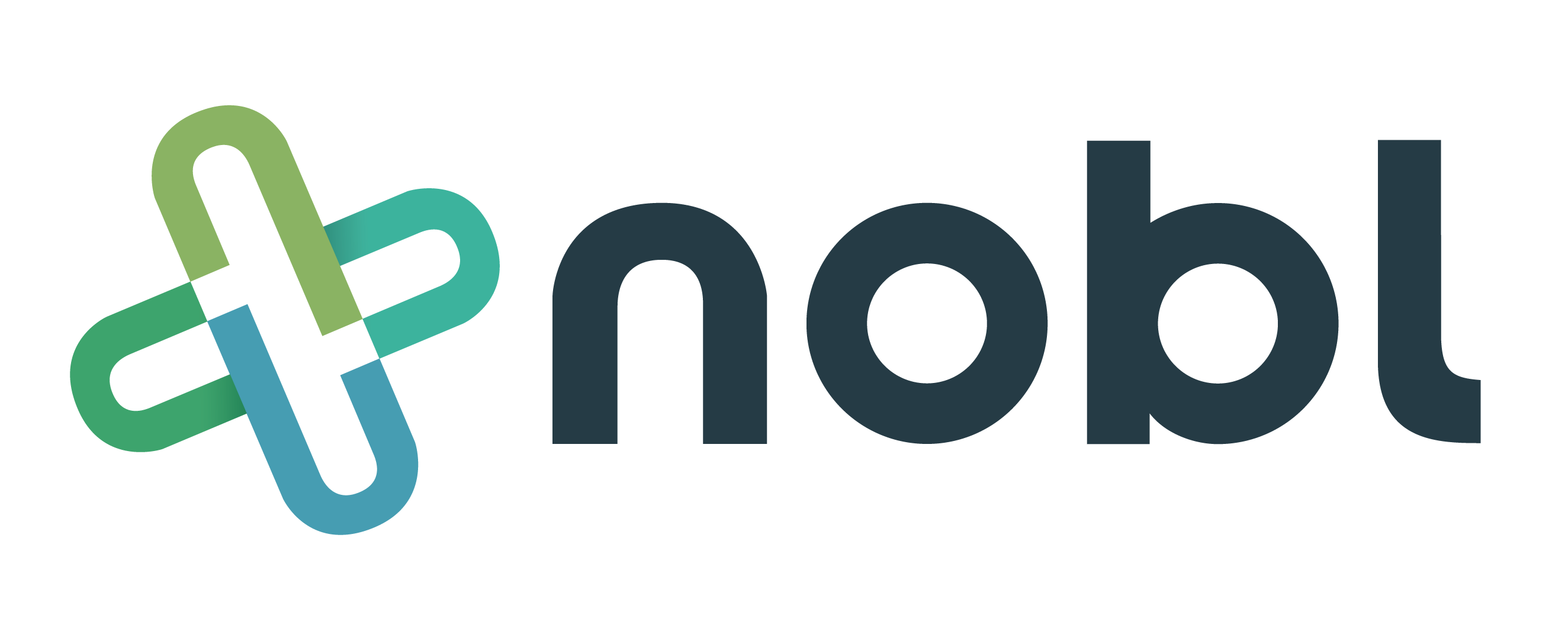
6 min read
Responsiveness: Seven Elements We’ve All Forgotten
Nobl Health Oct 11, 2022 1:10:00 AM
Many of today's healthcare providers were small children when the U.S. government first dipped their toe into the healthcare patient satisfaction survey. In 2002 and 2003, the Centers for Medicare and Medicaid (CMS) and the Agency for Healthcare Research and Quality (AHRQ) worked collaboratively to create the first HCAHPS survey for inpatients. This was followed by the approval of the 27-question survey by the National Quality Forum (NQF) in 2005 and implementation by CMS in 2006. The first data submissions were in 20081. Additional programs evolved for use in other care settings.
While this was occurring, Darby et al2 in collaboration with the World Health Organization (WHO), issued their strategy for measuring responsiveness. Within that strategy was the following definition:
Responsiveness is how well the health system meets the legitimate expectations of the patient and family for the non-health-enhancing aspects of the health system. It includes seven elements: dignity, confidentiality, autonomy, prompt attention, social support, basic amenities, and choice of provider” (Darby et al., 2003, p 3).
Over the years, the HCAHPS questions themselves became a major focus and these defined elements of responsiveness were lost from the day-to-day expectations and process discussions.
Also gaining momentum at this same time was the ANCC Magnet Recognition Program® which in 2008 introduced a new model. The model clustered the standards into four components, one of which focused on exemplary professional practice into which patient satisfaction/patient experience was integrated. They proposed nine category choices, aligned with HCAHPS questions, from which facilities could choose for data submission. When the 2023 version of the Magnet manual was released a year ago, it was not surprising to see responsiveness retained as a category for nurse-sensitive patient engagement. However, it was surprising to see a definition of responsiveness that wasn’t new at all - but rather the Darby definition from almost 20 years ago.3
The emphasis on the definition right now is not accidental. It is a “call to action” for healthcare workers to examine each of Darby’s seven elements for possible inclusion in efforts to improve their patient experience. This urges healthcare to have a broader understanding of responsiveness that goes beyond the timeliness of care to something more meaningful. Here’s how Webster4 and the University of Minnesota5 define each of these concepts and how each can relate to effective and efficient patient rounding with Nobl Leader.
 Dignity
Dignity
“The State or Quality of Being Worthy of Honor or Respect”
Having the chance to touch a patient and make anything better for them, or to alleviate their suffering, is a gift entrusted to us at their most vulnerable moments - when they are ill. We must leave our biases and assumptions behind, listen to patients and see rounding ‘with’ them as an honor and a privilege, not a burden or obligation. We shouldn’t think of it as completing a task or something we do to them, but rather a valuable contract in which we engage with them.
At Nobl, clients often come to us when their leader rounding processes have not been successful or compliance with rounding performance has not reached the goal. Lack of leader compliance is identified as a “time and availability” issue by many, but is the real reason a deeper one? Could it be that the answer to the "why" of rounding is seeing every patient or visitor with dignity and worthy of honor and respect?
 Confidentiality
Confidentiality
“The State of Keeping or Being Kept Secret or Private”
Confidentiality and privacy are two sides to the same coin. Not the same but always interconnected. Privacy is ensuring a safe space for patients to share their thoughts or to receive their care away from the presence of others. Confidentiality is honoring that information and only share it as needed with those directly involved. Protected Health Information (PHI) defines the legal aspects of confidentiality.
The documentation of rounding information and data sharing must be balanced with patient confidentiality rights. The Nobl Leader platform provides a safe, secure, and efficient way to record patient comments immediately; eliminating any paper-driven notes that can be misplaced or accidentally shared inappropriately.
 Autonomy
Autonomy
“Freedom from External Control or Influence; Independence”
One of the first things that patients relinquish upon admission to a healthcare facility is independence. We often remove their clothing and pack it away or send it home with family members. We dictate their wake and sleep schedules to draw blood, provide care or educate them. Their choices of what and when to eat is impacted and we even control when and if family members or friends can be at their side.
Asking patients, the best time for a rounding encounter, their preference for rounding frequency, or if they even want a round returns some element of autonomy to them. Recording these and other preferences in the Nobl Leader notes section makes this information readily available no matter who is rounding on the patient. These notes eliminate the need to ask the patient repeatedly what they prefer or lose sight of their "wow’ experience" which negatively impacts their overall experience and likelihood to recommend the facility to others.
 Prompt Attention
Prompt Attention
“Give an Incentive for Action”
Who has the right or the privilege to define the meaning of prompt? Prompt to a busy nurse might be within 15 minutes. Prompt to a lonely or scared patient or family member might be 5 minutes or less. Have you ever watched a dear loved one in pain? Did you wish you could do anything to make it stop, and to make it stop soon?
By asking the patient what they consider a "prompt response" then providing structures, such as shared accountability for rounding or teamwork, to consistently meet those goals, we are not only giving the life-saving attention they need, but we are also building team comradery for a goal met together. Nobl rounding goals are set or revised at the unit level and are easy to change as performance improves. Setting incremental improvements in rounding goals gives the team the satisfaction of a shared "win" along the way toward rounding compliance excellence (> 85% complete).
 Social Support
Social Support
"Having Friends and Other People, Including Family, to Turn to in Times of Need or Crisis to Give you a Broader Focus and Positive Self-Image”
We learned during the pandemic the negative impact of limited family and friend support on health and healing. Seeing patient support as a key component of their overall care experience is critical. When patients lack that support, the healthcare team can and should become that support system. From the EVS worker to the physician or chaplain each member has a role to play in supporting the patient by pausing to sit and listen, sharing a prayer, or offering a gentle touch on the arm.
Nobl Leader provides the option for any member of the healthcare team to enter notes on their encounters with patients and family members. The platform can be used to conduct rounds on parents or other family members when the patient is unable to interact for themselves. The Service Recovery module can be used to alert other individuals or departments when their help or assistance is needed to improve the situation.
 Basic Amenities
Basic Amenities
“Things Considered to be Essential to Make Life Easier and More Pleasant”
We all have our preferred creature comforts. Some like warm socks, others a cool and fluffy pillow. Maybe soothing music or "white noise" from a fan. A "comfort kit" for the family members awaiting news during the trauma surgery of a loved one becomes a basic amenity. Free coffee in the Emergency Department or visitor lounge also falls into this category.
A perfect example of pairing Nobl Leader with basic amenities is the Quiet at Night Initiative. Sleep is a basic human need and promoting good sleep in a noisy hospital can be a real challenge. Providing a bedtime protocol, with sleep aids and bundled care, is a good place to start. Following that practice with a rounding question, “Are we doing everything we can to help you get to rest and sleep while you are here?” can determine if all staff are following the routine to enhance the results of the HCAHPS "quiet at night" question.
 Choice of Provider
Choice of Provider
“Selected as One's Favorite or the Best”
Every facility strives to become the "provider of choice"; some even incorporate this goal into their mission and vision statements. But unless the real needs and wants of patients and families are known and respected the chance is high that they may shop around the next time they need care. Being able to build trust starts with accountability to care and communication. Failure to "close the loop" on issues or questions can torpedo all previous service perceptions.
The Nobl Leader "praise" feature makes it easy to recognize team members that are making a significant positive impression on patients and those they trust to care for them. Coupled with the Nobl Predictive Experience algorithm and leader prediction of engagement (net performer score) question, our clients significantly increase and maintain their "likelihood to recommend" outcomes.
Darby and his team called these concepts "responsiveness" but at Nobl we know that they really encompass the true meaning of "a purposeful round."
Blog written by:
Teresa L. Anderson: EdD, MSN, NE-BC
Nobl Chief Nursing Officer
References:
1 Siegrist, R.B. (2013). History of medicine. Patient satisfaction: History, myths, and misperception. American Medical Association Journal of Ethics, 15(11), 982-987.
2 Darby, C., Valentine, N., DeSilva, A., Murray, C.J., & World Organization. (2003). World Health Organization 9Who): Strategy on measuring responsiveness. https://apps.who.int/iris/handle/10665/68703
3 AnCC. (2021). 2023 Magnet® application manual. Silver Spring, MD: Author, 202.
4 Webster's Online Dictionary. https://www.merriam-webster.com. Retrieved September 19, 2022.
5 University of Minnesota. Social Support | Taking Charge of Your Health & Wellbeing (umn.edu) Retrieved September 27, 2022.
New Free eBook
Best Practices for Sharing and Reviewing Data from the Nobl Rounding Platform
Beryl Institute Case study
Improved First Impressions at Your Front Door - Patient Ambassador Rounders Enhance the Patient Experience of a Busy Emergency Department
Recent Posts

Five Key Factors to Consider in Pediatric Leadership Rounding


